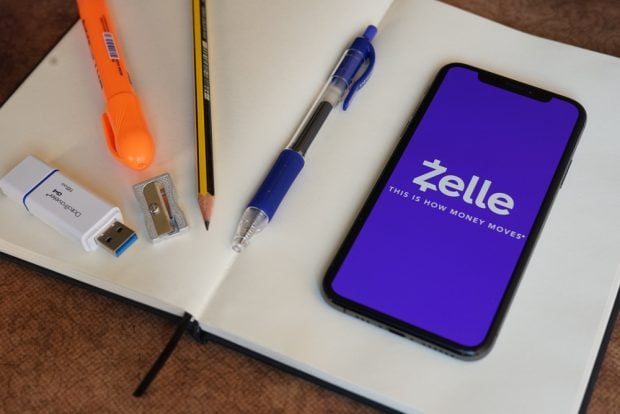 Source: Shutterstock.
Source: Shutterstock.
US Senator Elizabeth Warren is ratcheting up her campaign against the popular peer-to-peer payments system Zelle.
Warren on Wednesday sent a letter to Consumer Financial Protection Bureau Director Rohit Chopra, calling for expanded regulations after she collected private data on rising fraud rates on Zelle from some of the country's largest banks. Warren, a Democrat from Massachusetts, offered to share the data with Chopra, according to the letter obtained by Bloomberg.
Recommended For You
"As the CFPB considers whether to take action on this topic, the findings of my investigation reveal that the agency must strengthen consumer protections on peer-to-peer platforms like Zelle," Warren said.
Earlier this month, Warren released a report based on data from Bank of America Corp., Truist Financial Corp., PNC Financial Services Group Inc. and US Bancorp that showed the value of scam and fraud claims more than doubled to $236 million in 2021. Those banks and three other lenders — JPMorgan Chase & Co., Wells Fargo & Co. and Capital One Financial Corp. — jointly own Early Warning Services LLC, which operates Zelle.
Early Warning has disputed the report's findings, noting tens of millions of consumers use Zelle every day and the company has said more than 99.9% of payments are sent across its network without any report of fraud or scams.
"Any external analysis done is incomplete and does not reflect the efforts and data reported by more than 1,700 financial institutions on the Zelle network," Early Warning said in a statement this month.
Under Regulation E, which governs how banks handle electronic fund transfers, if a hacker logs into a customer's bank account and sends money, lenders are required to provide a refund. But fraudsters have increasingly sought to use the Zelle network to persuade consumers to send them money. In those cases, with the real customer sending the money, banks aren't required to make consumers whole.
Warren and other lawmakers have previously encouraged Chopra to expand the definition of an "error" payment to include when a consumer is tricked into paying. They have also suggested that the CFPB could issue guidance that such a transaction counts as an "unauthorized electronic fund transfer," meaning banks would have to reimburse consumers.
Banks have said they are working on providing better guardrails on the network by closing accounts of customers who receive the fraudulent funds. The network also has cut off multiple lenders who didn't properly police clients accused of defrauding customers of other banks on the network.
Zelle has swelled in popularity in recent years, with consumers using the system to send money to friends and family instantly. The network has processed more than 5 billion transactions and handled nearly $1.5 trillion in payments since its inception in 2017.
"While the Zelle transaction volume has dramatically increased, the proportion of fraud and scams has steadily decreased," Early Warning Services said in an emailed statement in September. "Zelle and our financial institutions have spent millions on consumer protection, and we will continue to invest as our efforts have proven to help reduce fraud and scams."
© 2025 ALM Global, LLC, All Rights Reserved. Request academic re-use from www.copyright.com. All other uses, submit a request to [email protected]. For more information visit Asset & Logo Licensing.






